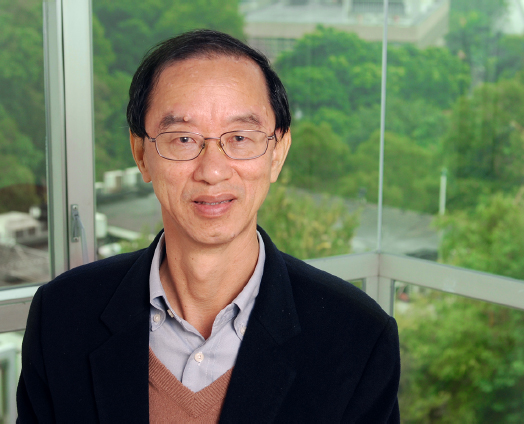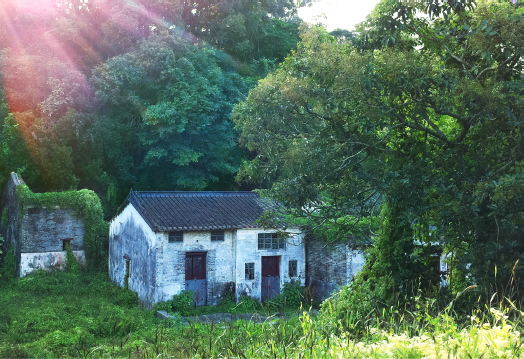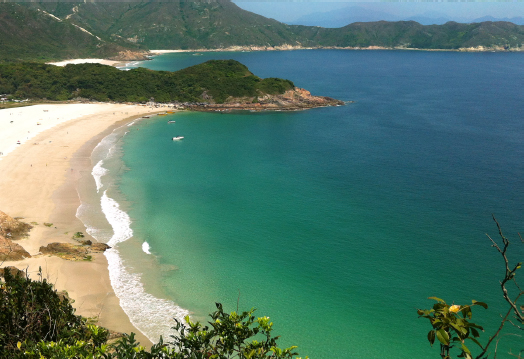
Prof. Lam Chiu Ying on Development, Country Parks and More
1. What should guide policies on conservation versus infrastructural development?
Sustainable development means we should conduct life in ways that will not compromise the ability of future generations to meet their own needs. Our successors should not have to pay for bad decisions we make today. This is a matter of trans-generational justice. If we destroy nature in the name of 'development' without thorough deliberations, we will stand to regret our move.
2. What can be done to protect Hong Kong's country parks when there are numerous rural villages and indigenous villagers living in the vicinity?
Certain villages are dispersed throughout our country parks, either in pockets or situated between the sea and the hills. Though remotely located, they were self-sufficient in their heyday – the villagers lived off the land and gave back to it. But their descendants left home to find work and set up house in areas closer to the city. We need to work with the villagers to come up with ways that will give them livelihoods and sustainable lifestyles. They can grow specialty crops, run agricultural education centres, and host nature tours, among other ideas. This will help to repopulate the now sparsely populated or even vacant rural villages.
3. Does it make sense to develop some parts of Hong Kong's country parks into residential or commercial areas?
Only after other land resources have been totally exhausted and provided it won't deprive our future generations of access to a life of joy and fulfilment. But the order of our thinking has been wrong for a long time -- we consider how to 'minimize' damage after deciding to build, when we should be thinking whether building is necessary in the first place. Flora and fauna have sentimental value for the collective. If an infrastructural project benefits only a small population for a limited period of time, it shouldn't be carried out. Before building a new runway, for instance, we need to consider the possibility that tourist numbers may not always be increasing. We should never inflict permanent damage in exchange for one-off benefits. We should cherish nature because any damage done is often irreversible. Land reclaimed cannot be turned into sea again.

Outside country parks, a significant amount of land are located in low-lying plains and may be considered for building development. But much of it is privately owned which means the government has to negotiate with the landowners before building development may take place. As you can see, the government would find it much easier to exploit country parks for the purpose because birds and trees cannot put up a fight.

4. How is Hong Kong faring in the area of sustainable tourism? What is the motivation for encouraging the practice of sustainable tourism when the largest chunk of our tourism income comes from shoppers?
Hong Kong's tourism industry needs to put quality before quantity. It can't just focus on making money from tourists who are here to eat and shop. The trend of people flocking over the border to buy diapers and milk powder will be gone in 10 to 20 years' time. The government needs to attract travelers from further away. It needs to diversify and give people a thousand reasons to come, besides eating and shopping – archaeology, geology, hiking, chess-playing, visits to Hong Kong's universities, cooking courses….
5. Will we see a Hong Kong without winter in our lifetime?
It is possible in 2030 that not a single day will have temperature falling below 12°C in Hong Kong. Already now on the Chinese University campus, many trees that should only bloom in spring or summer are still blooming in October and November. People lie, even experts lie, but trees don't and they are telling us that the climate has gone berserk.
6. How has being a meteorologist shaped your way of thinking?
I learnt that nature is complex and unpredictable. No matter how much we think we know, we must be humble in the face of nature or it will eventually find ways to humble us. We can't inflict damage on nature then fool ourselves that we can clear our conscience by making reparations, because we can't. Nature doesn't work like that. Besides meteorology, bird watching has also had a huge influence on my way of thinking. It has allowed me to see how similar birds are to human beings. The shapes and habits of birds are closely tied to their natural habitats. Those birds born in arid places cannot cope if they are moved to a mangrove forest. Likewise, we cannot carry on an existence that's independent of our natural environment.

Prof. Lam is a meteorologist, a conservationist, and an adjunct professor at the Department of Geography and Resource Management at CUHK.


